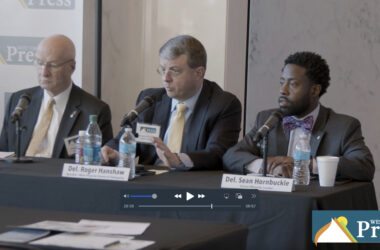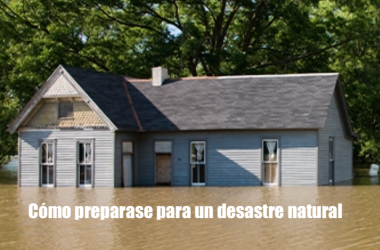BECKLEY, W.Va. — A Mountain Valley Pipeline lawsuit against 103 West Virginians for the right to survey their private property could have widespread implications for other pipeline projects.
Mountain Valley Pipeline LLC, whose parent company is EQT, filed a petition in the U.S. District Court for the Southern District of West Virginia seeking a declaratory judgment, as well as temporary and permanent injunctions, against West Virginians who said “no” when the company asked to survey their property.
The purpose of the surveys is to determine where the company will construct a 300-mile, 42-inch pipeline and access roads.
The company is seeking a Certificate of Public Convenience and Necessity from the Federal Energy Regulatory Commission. MVP alleges pursuant to the FERC application process the surveys are needed for issuance of the FERC certificate.
In its petition, the company states that while the U.S. Natural Gas Act does not outline the procedure for gas companies to gain survey access to properties, “the West Virginia Legislature has recognized the importance of pre-construction surveys, vesting private corporations with this authority where … private property may be taken or damaged for public use.”
According to the petition, the company believes West Virginia Code 54-1-1, which outlines eminent domain laws, gives MVP the right to conduct the surveys.
MVP is seeking temporary and permanent injunctions to grant the company access to private properties. The company argues the injunctions are in the public interest because interstate natural gas transmission pipelines benefit the public, according to the petition.
MVP contacted each of the named respondents by letter requesting access to their private property, but were denied, the petition alleges.
Michael Barrick is the founder of the Appalachian Preservation Project. He said EQT has long used the threat of eminent domain in survey request letters even though it is questionable whether the company has any legal basis to do so.
“We can hope for justice and trust that the court will rule in favor of the landowners. Whatever the outcome, I hope that people will see this for what it is – bullying of average people by a corporate giant. They are seeking to abuse eminent domain to enrich shareholders of a private company. This is counter to traditional American liberties,” Barrick said.
The company sent the letters to the landowners in March, said Elise Keaton, outreach education coordinator for the Greenbrier River Watershed Association. She said those letters threatened legal action, so MVP’s court action was not unexpected.
“They want to go to court to say they have the right to enter to survey because the pipeline is for public use. They cite the eminent domain statute. It’s not convenient to have to go through litigation. But, in this case, we don’t have any precedent on this issue,” she said. “The letters implied they had the right to do this under the statute and yet we don’t have precedent.”
It is questionable whether a transmission pipeline is really a public utility for those affected by its construction, Keaton said.
“Given the nature of this project, there’s a strong argument to be made that since we can’t pull gas off the line in West Virginia, it’s not a public utility. It’s more for private gain for the company,” she said.
Barrick said the latest action by MVP is another step in the company’s “campaign of inevitability.” The company is proceeding as if there is no question that FERC will issue a permit to proceed with construction, he said.
“They’ve just acted from the beginning as if this is a foregone conclusion. We can point to any number of examples, and this court petition is just another example,” he said.
Barrick said the court action should be seen as a wake-up call for West Virginians regarding gas transmission pipeline projects. There are several others that will affect numerous areas of the state, and not everyone is aware of the implications. It’s likely this lawsuit won’t be the last, he said.
“There are people who haven’t thought about these things before now,” he said.





